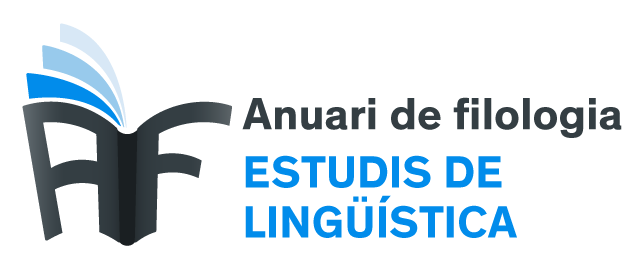Cognitive Linguistics and the Law
DOI:
https://doi.org/10.1344/AFEL2014.1.10Keywords:
categorization, metaphor, windowing of attention, framing, metaphoric framing, legal systems.Abstract
Cognitive Linguistics (CL) believes that the study of language can be informative with regards to human thought processes. If language is built on top of more basic, non-‐‑linguistic cognitive skills, then some of the mechanisms behind language must surely also be used in other areas of cognition. This means that some of the explanations proposed by CL could help us clarify aspects of human behavior that go well beyond language. The present work is an attempt at looking at a number of mechanisms used in CL to explain language, and see how they shed light on one specific human area: that of our current legal system. The claim is that the processes that constitute our legal systems can be seen from a fresh perspective and can probably be better understood using some of the insights of cognitive linguistics. We will focus preferentially on mechanisms such as categorization processes, the windowing of attention, and framing strategies, including the use of metaphors.
Downloads
Downloads
Published
How to Cite
Issue
Section
License
The authors who publish in this journal agree to the following terms:
- Authors retain copyright and grant the journal the right of first publication.
- Texts will be published under a Creative Commons: Reconeixement 4.0 Internacional license.






